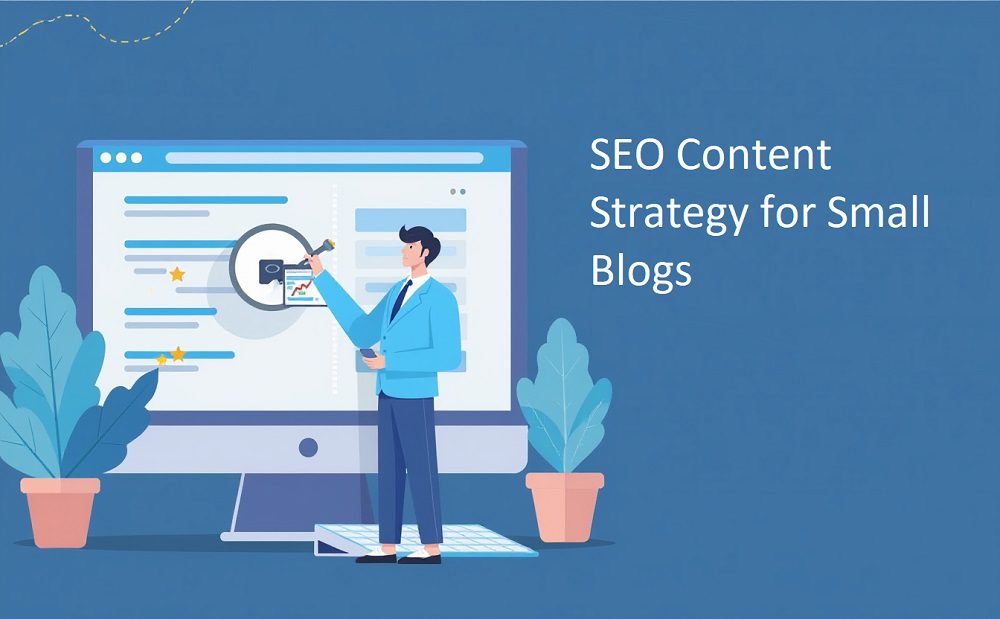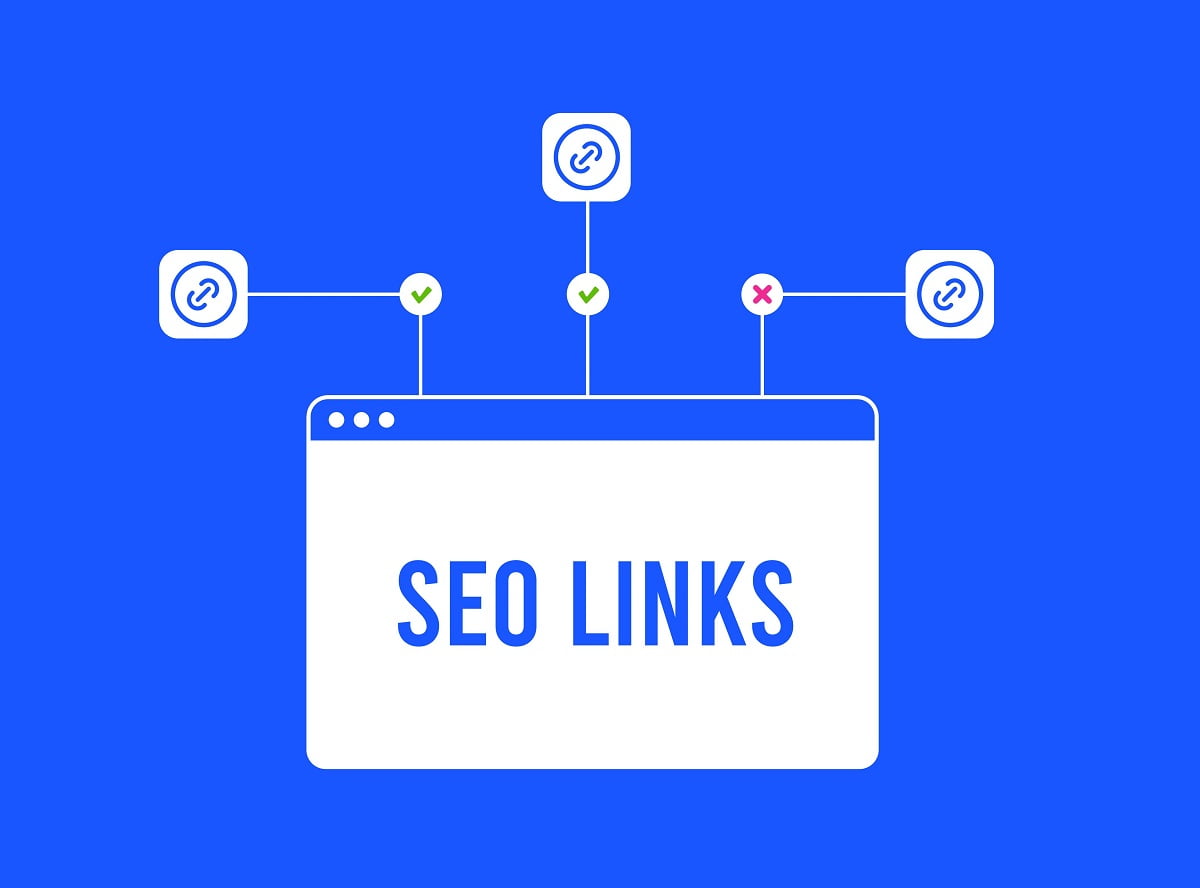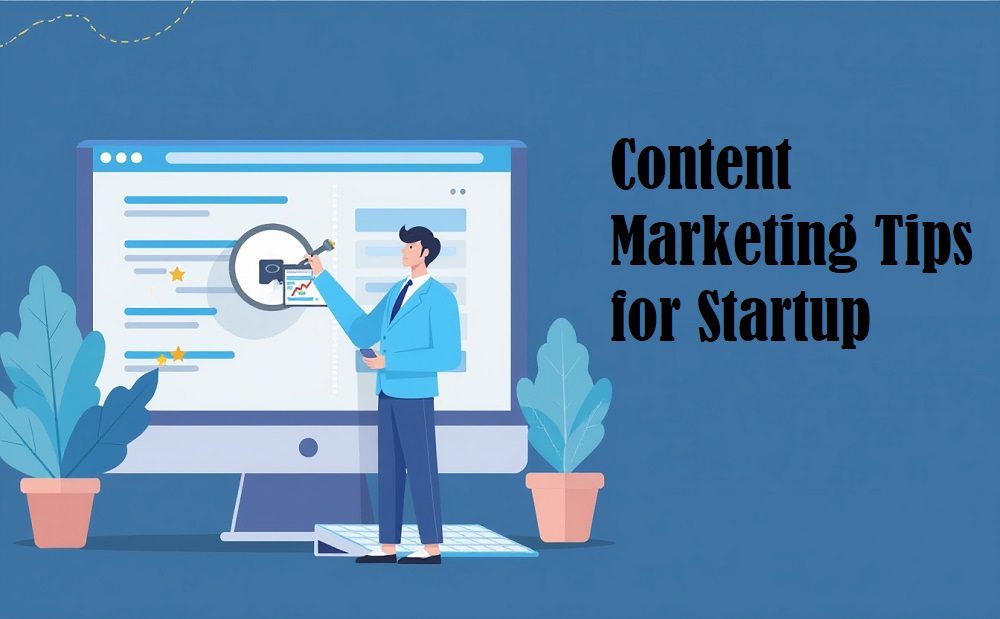Top 5 SEO Strategies to Boost Your Rankings

If you’re looking to improve your website’s search engine rankings and drive more organic traffic, it’s essential to implement effective SEO strategies. By following best practices and optimizing your website’s on-page elements, building high-quality backlinks, and creating valuable content, you can achieve long-term SEO success.
Key Takeaways:
- Implementing effective SEO strategies is crucial for driving organic traffic and increasing visibility in search results.
- Following SEO best practices is essential for optimizing your website to rank higher in search engine results, attract more targeted traffic, and increase conversions.
- On-page optimization is key to improving your website’s search engine rankings, including optimizing meta tags, creating SEO-friendly URLs, and improving website speed.
- Building high-quality backlinks is an essential part of any successful SEO strategy, including strategies such as guest blogging, creating valuable content, and leveraging influencer partnerships.
- Content marketing plays a crucial role in driving organic traffic and improving SEO rankings, including creating valuable and engaging content, optimizing for keywords, and leveraging social media platforms.
Understanding the Importance of SEO Best Practices
Before diving into the top 5 SEO strategies, it’s essential to understand the significance of following SEO best practices. Implementing organic SEO strategies can help optimize your website to rank higher in search engine results, attract more targeted traffic, and increase conversions. To achieve optimal results, it’s crucial to ensure that your website adheres to the best practices of SEO.
One of the most critical SEO best practices is keyword research. By identifying the keywords and phrases that your target audience is searching for, you can create high-quality content that meets their needs and provides valuable information. Additionally, creating high-quality content that targets long-tail keywords can help your website rank higher in search engine results.
Another important aspect of SEO best practices is optimizing for mobile devices. With mobile devices accounting for more than half of all internet traffic, it’s crucial to ensure that your website is optimized for mobile users. Mobile optimization involves creating a responsive design that adapts to different screen sizes and loading times.
Other SEO best practices include optimizing your website’s title tags and meta descriptions, improving website speed, and using internal linking to improve your website’s navigation and user experience.
| SEO Best Practices | Benefits |
|---|---|
| Keyword research | Improved targeting of audience needs, higher quality content, higher ranking in SERPs |
| Mobile optimization | Better user experience, responsiveness to device used, Improved visibility and ranking in SERPs |
| Title tags and meta descriptions optimization | Improved visibility on SERPs, CTR increase, Engagement on web site, lower bounce rate |
| Website Speed optimization | improved user experience, reduction in bounce rate, improved time on site, faster crawls by Google |
| Internal linking optimization | Improved website navigation, better understanding of website content, lower bounce rate |
By adhering to these SEO best practices, you can ensure that your website is optimized to rank higher in search engine results pages, attract more targeted traffic, and increase conversions.
On-Page Optimization: Key to SEO Success
On-page optimization is the practice of optimizing the content and HTML source code of a website to rank higher and earn more relevant traffic in search engines. It plays a crucial role in improving your website’s search engine rankings.
Effective On-Page SEO Techniques
Here are some effective on-page SEO techniques that can enhance your website’s visibility:
| Technique | Description |
|---|---|
| Optimizing Meta Tags | Include relevant and descriptive meta titles and descriptions that accurately represent the content on each webpage. |
| Creating SEO-Friendly URLs | Create descriptive and easy-to-understand URLs that include target keywords. |
| Improving Website Speed | Optimize images, reduce server response time, and minify code to improve website loading speed, which is a critical factor in user experience and search engine rankings. |
By implementing effective on-page SEO techniques, you can improve your website’s organic search visibility and attract more targeted traffic, contributing to a successful SEO strategy.
Building High-Quality Backlinks for Improved Rankings
Backlinks are an essential part of any successful SEO strategy. When other websites link back to your content, search engines see your website as more authoritative and trustworthy, resulting in improved rankings. However, not all backlinks are created equal. In fact, low-quality or spammy backlinks can hurt your rankings and damage your reputation.
To build high-quality backlinks that will boost your rankings, consider these advanced SEO strategies:
| Strategy | Description |
|---|---|
| Guest Blogging | Guest Blogging on reputable websites is a great way to earn authoritative backlinks. When you create high-quality content that provides value to readers, the website owner may link back to your own content as a helpful resource. |
| Create Valuable Content | By creating valuable content on your own website, you increase the likelihood of other websites linking back to your content. This could include creating in-depth blog posts, infographics, or other types of useful content that other websites will want to link back to. |
| Leverage Influencer Partnerships | Partnering with influencers in your industry can help you earn high-quality backlinks. By collaborating on content or sharing each other’s content with your respective audiences, you can gain more exposure and attract backlinks from reputable sources. |
Implementing these effective SEO strategies can help you build high-quality backlinks that will improve your website’s rankings and drive more targeted traffic to your website.

The Power of Content Marketing in SEO
If you’re looking to improve your website’s organic SEO strategies, content marketing is a highly effective technique to consider. By creating valuable and engaging content, you can not only attract more targeted traffic but also improve your search engine rankings.
Optimizing your content for keywords relevant to your business is crucial, as it helps search engines understand the content of your website and rank it higher in relevant searches. In addition, content that is shared on social media platforms can also significantly impact your website’s visibility in search engine results.
When creating content, it’s important to focus on delivering value to your audience. This could include informative blog posts, educational videos, or engaging social media posts. By providing content that your audience finds useful, you can establish your brand as a trustworthy source of information and build a relationship with your audience.
Effective Content Marketing Strategies
Here are some effective content marketing strategies to help improve your SEO rankings:
- Create high-quality, engaging content that adds value to your audience.
- Optimize your content for relevant keywords and phrases to improve your search engine rankings.
- Use social media platforms to promote your content and attract more traffic to your website.
- Focus on building relationships with your audience through your content, answering their questions and providing solutions to their problems.
By implementing these successful SEO strategies for content marketing, you can improve your website’s visibility, attract more traffic, and establish your brand as a trusted source.
Mastering Technical SEO for Enhanced Rankings
When it comes to boosting your search engine rankings, technical SEO is just as important as on-page optimization. By optimizing your website’s technical elements, you can enhance your website’s visibility and improve its ranking on search engines. Here are some advanced SEO strategies to master technical SEO:
Website Structure Optimization
Website structure optimization ensures that your website is organized and easy to navigate. You can improve your website’s structure by creating a logical hierarchy of pages, optimizing URLs, and ensuring that internal links are functional.
XML Sitemaps
An XML sitemap is a file that lists all the pages of your website that you want search engines to crawl. Creating an XML sitemap can help search engines understand the structure of your site and crawl it more efficiently, potentially improving search engine rankings.
Mobile Optimization
As more people browse the internet on their mobile devices, mobile optimization has become essential for a successful website. Ensure that your website is optimized for mobile devices by using responsive design, optimizing website speed, and improving mobile usability.
Tip: Use Google’s mobile-friendly test to check if your website is mobile-friendly.
By implementing these on-page SEO techniques and advanced SEO strategies, you can master technical SEO and improve your website’s search engine rankings.
Harnessing the Potential of Local SEO
Expanding your online presence can do wonders for your business, and local SEO strategies can help you achieve just that. By optimizing your website for specific locations, you can attract more targeted traffic and increase conversions.
Optimizing Google My Business
Optimizing your Google My Business account is key to local SEO success. Ensure that your business information is accurate, consistent, and up-to-date. Include your business hours, contact information, and respond to reviews promptly.
Creating Location-Specific Content
Creating location-specific content is an effective way to improve your website’s local relevance. Use geo-targeted keywords and cater to local preferences and interests.
Earning Local Citations
Earning local citations can improve your website’s credibility and boost your local rankings. Aim to earn mentions from authoritative websites, directories, and social media platforms within your local area.
By implementing these on-page SEO techniques, you can harness the full potential of local SEO to drive targeted traffic and boost conversions.
The Role of User Experience in SEO
When it comes to SEO, user experience plays a vital role in your website’s rankings and visitor engagement. By prioritizing user experience, you can ensure your website is easily navigable, offers fast-loading pages, is mobile-responsive, and includes engaging visual elements. This not only improves your website’s chances of ranking higher in search engine results but also provides your visitors with a better experience, increasing the possibility of converting them to customers.
Optimizing your website’s navigation is an essential part of improving user experience. Clear and intuitive navigation helps visitors find what they are looking for and keeps them engaged on your site for longer periods. When designing your website’s navigation, keep in mind what your visitors want and ensure the structure is easy to follow.
Fast-Loading Pages
Website speed is a critical factor in user experience, especially on mobile devices. Slow-loading pages can cause visitors to leave your website, resulting in higher bounce rates and lower rankings. Ensure your website’s pages load quickly by optimizing image size, limiting the use of plugins, and leveraging a content delivery network (CDN).
Mobile-Responsiveness
With more people accessing the internet through mobile devices, it’s essential to make sure your website is mobile-responsive. A mobile-responsive website adjusts to fit the screen size of different devices, providing optimal user experience. Failing to optimize for mobile can hurt your website’s rankings and turn away potential visitors.
Engaging Visual Elements
Visual elements, such as images and videos, can significantly impact your website’s user experience. High-quality and engaging visuals help visitors stay on your site longer, increasing the chance of converting them into customers. Ensure your visual elements are optimized for web use, are relevant to your content, and are visually appealing.
The Impact of Social Media on SEO
In today’s digital age, social media platforms play a crucial role in driving organic traffic and improving SEO rankings. By incorporating top SEO tactics and leveraging social media channels, you can significantly boost your website’s visibility and attract more targeted traffic.
Optimizing Social Profiles
Optimizing your social media profiles is an essential step towards improving your website’s SEO rankings. By ensuring that all your social profiles are complete and up-to-date, you can boost your online credibility and attract more engagement. Include your website URL in your social media profiles to drive more traffic back to your website.
Promoting Content
Sharing valuable and engaging content on social media platforms is an effective way to drive organic traffic and improve your website’s SEO rankings. By sharing optimized content on social media, you increase the likelihood of your content being shared, liked, and commented on, helping to increase visibility and attract more backlinks to your website.
Engaging with Your Audience
Engaging with your social media audience is another key component of successful organic SEO strategies. Engage with your audience by responding to comments, asking questions, and fostering a sense of community around your brand. By building a loyal following on social media, you can improve your website’s SEO rankings and attract more targeted traffic.
Staying Updated with Algorithm Changes
Staying on top of search engine algorithm changes is crucial for the success of your SEO efforts. Search engines regularly update their algorithms to provide users with more relevant and valuable search results. By learning about the changes as soon as they occur, you can adapt your SEO techniques and stay ahead of your competition.
Effective SEO Techniques for Adapting to Algorithm Changes
To keep up with the latest algorithm changes, you need to implement effective SEO techniques that align with the new search engine criteria. These search engine optimization tips can help you adapt to algorithm updates and improve your website’s rankings:
- Regularly update your website with fresh and relevant content
- Focus on creating a positive user experience for your audience
- Build high-quality backlinks from reputable sources
- Optimize your website for mobile devices
- Include relevant keywords in your content, but avoid keyword stuffing
Monitoring Algorithm Changes
To keep track of algorithm changes, follow SEO experts and industry leaders on social media, subscribe to industry newsletters, and monitor Google’s official blog. Analyzing your website’s traffic and ranking data can also provide insights into how algorithm changes are affecting your site.
“The only constant in SEO is change.”
Adaptive SEO Strategies for Long-Term Success
By staying up to date with algorithm changes, you can develop adaptive SEO strategies that support your long-term success. Continuously analyzing your website’s performance, staying on top of industry trends, and experimenting with new techniques can help you stay ahead of the curve and remain competitive in search engine rankings.
Conclusion
By implementing the top 5 SEO strategies discussed in this article, you can significantly boost your website’s rankings, driving organic traffic and increasing visibility on search engines. It’s essential to follow SEO best practices, optimize your website’s on-page elements, build high-quality backlinks and stay updated with the latest algorithm changes to achieve long-term SEO success.
Remember, SEO is a continuous process that requires ongoing effort and adaptation to keep up with algorithm updates and industry trends. By prioritizing SEO in your online marketing strategy, you can increase your website’s visibility, attract more targeted traffic, and ultimately drive conversions.
So, what are you waiting for? Start implementing these SEO tactics today and watch your website climb the search engine rankings!
FAQ
What are the top 5 SEO strategies to boost rankings?
The top 5 SEO strategies to boost your rankings include optimizing your website’s on-page elements, building high-quality backlinks, implementing content marketing strategies, mastering technical SEO, and harnessing the potential of local SEO.
Why are SEO best practices important?
SEO best practices are essential because they optimize your website to rank higher in search engine results, attract more targeted traffic, and increase conversions. Following these practices ensures that search engines can easily crawl and understand your website’s content, leading to improved visibility and organic traffic.
How does on-page optimization contribute to SEO success?
On-page optimization plays a crucial role in improving your website’s search engine rankings. It involves techniques such as optimizing meta tags, creating SEO-friendly URLs, improving website speed, and implementing structured data markup. These strategies help search engines understand the relevance and quality of your content, leading to higher rankings and increased visibility.
What are the key strategies for building high-quality backlinks?
Building high-quality backlinks involves strategies such as guest blogging on authoritative websites, creating valuable and shareable content, leveraging influencer partnerships, and engaging in industry-specific forums and communities. The focus should be on earning natural backlinks from reputable sources, as these can significantly impact your website’s rankings and authority.
Why is content marketing important for SEO?
Content marketing plays a crucial role in driving organic traffic and improving SEO rankings. By creating valuable, informative, and engaging content, optimizing it for relevant keywords, and leveraging social media platforms, you can attract and retain your target audience. High-quality content also increases the likelihood of earning backlinks, establishing authority in your industry, and improving your website’s search engine rankings.
What is the role of technical SEO in enhancing rankings?
Technical SEO involves optimizing your website’s technical elements to improve search engine rankings. This includes optimizing website structure, improving website speed and performance, implementing XML sitemaps, optimizing metadata, and ensuring mobile-friendliness. Proper technical SEO practices help search engines understand and crawl your website effectively, leading to improved visibility and rankings.
How can businesses harness the potential of local SEO?
Businesses can optimize their websites for local SEO by optimizing their Google My Business profile, creating location-specific content, earning local citations, and gaining positive online reviews. Leveraging local SEO strategies helps businesses improve their online visibility in specific geographic areas, attracting local customers and driving targeted traffic to their websites.
What is the impact of user experience on SEO?
User experience is a crucial factor in website rankings and visitor engagement. Improving user experience through intuitive navigation, fast-loading pages, mobile responsiveness, and engaging visual elements enhances your website’s SEO rankings. Positive user experiences lead to increased engagement, longer time spent on your website, and higher chances of conversions, all of which contribute to improved SEO performance.
Social media platforms can significantly impact your website’s SEO rankings. By optimizing your social media profiles, promoting your content on social platforms, engaging with your audience, and generating social shares, you can increase your website’s visibility, drive traffic, and earn backlinks. Social signals, such as likes, shares, and comments, can also influence your SEO performance.
Why is staying updated with algorithm changes important for SEO?
Search engine algorithms continuously evolve, and staying updated with these changes is crucial for maintaining and improving your website’s search engine rankings. By staying informed about algorithm updates and adjusting your SEO tactics and strategies accordingly, you can ensure that your website remains optimized and aligned with the latest industry trends, leading to sustained SEO success.





